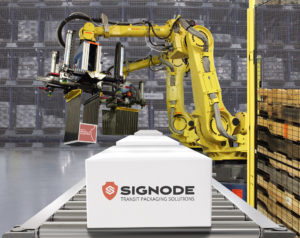
Signode to present end-to-end Automation and Packaging Solutions at PACK EXPO 2022
Signode will be featuring its “end-to-end” solutions at PACK EXPO 2022, to be held at McCormick Place in Chicago from

Signode will be featuring its “end-to-end” solutions at PACK EXPO 2022, to be held at McCormick Place in Chicago from

Welcome to The New Warehouse podcast. In this episode, Kevin is joined by John Evans, Sr. Customer Success Manager/3PL Team

From the booth at MODEX 2022, Todd Boone, Director of Product Management Robotics and Automation at Zebra, joins Kevin for
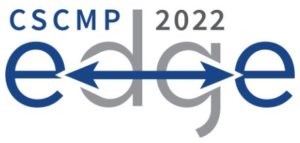
AutoScheduler.AI, an innovative Warehouse Management System (WMS) accelerator, announces it will be presenting and exhibiting at the annual CSCMP Conference
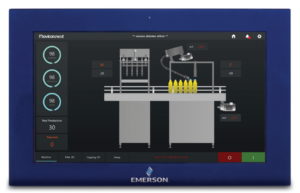
PACSystems RXi HMI delivers visualization for the digital age: intuitive graphics, smartphone-like usability, collaboration from anywhere, and industrial ruggedness Machine

We are coming to you live from the Procensis Solution Center for this week’s episode of The New Warehouse. My
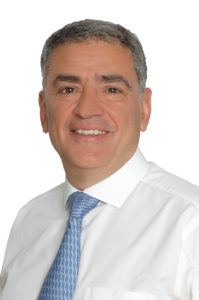
Duravant has announced the appointment of Petros Diamantides to the position of Chief Operating Officer – Emerging Markets for Duravant.

Boys & Girls Club of Camden County members are 2022 scholarship winners MHS Lift, a national provider of warehousing and
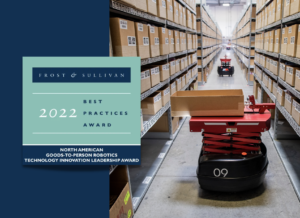
inVia Robotics, a provider of eCommerce fulfillment automation systems –– has been awarded this year’s Best Practices Technology Innovation Leadership
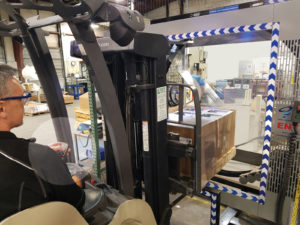
Packaging machinery manufacturer TAB Industries, LLC has reported that 90 percent of the TAB Wrapper Tornado orbital wrapping systems purchased

Warehouse Management and Warehouse Execution Systems deliver throughput, Operating Cost Reduction, and ROI Softeon, a global supply chain software provider

SRSI (Slate River Systems, Inc.) and Dematic signed an integrator relationship agreement. SRSI will now be a certified integrator of

In this episode, I was joined by Monty McVaugh of OPEX Corporation at MODEX 2022. OPEX is a family-owned automation

On this episode, I was joined by Mike Stein of Signode at MODEX 2022. I first spoke to Signode at
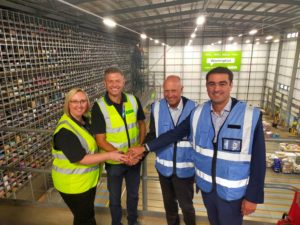
One of the UK’s leading supermarket chains, Asda, has renewed its site-based, life-cycle services contract with Vanderlande for the next
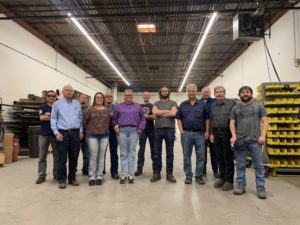
Rick Goode, Chairman and CEO of Columbia Machine Inc., announced the acquisition of Control Design & Manufacturing (CD&M) assets on

In this episode, I was joined again by Ryan Clifford and Ryan Chesterfield of Phantom Auto at MODEX 2022. Phantom
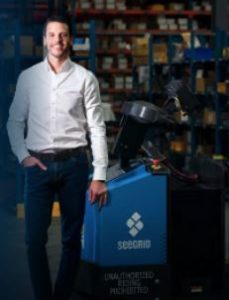
AMR provider delivers reliable material flow with rapid ROI for automotive component manufacturer’s expanding facilities Seegrid Corporation, a provider of

At Booth #B7632A/B, Cimcorp and Murata Machinery will showcase their end-to-end automation solutions designed to bring speed, efficiency, and peace

On this episode, I was joined by the previous guest Justin Griffith of StayLinked. Justin is the CTO at StayLinked